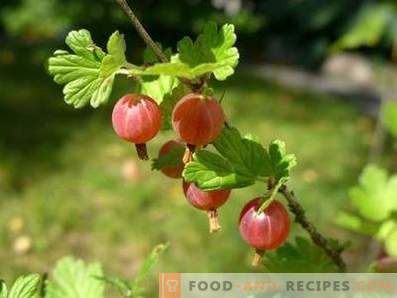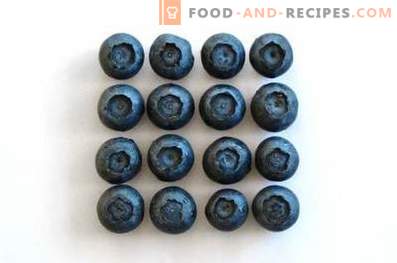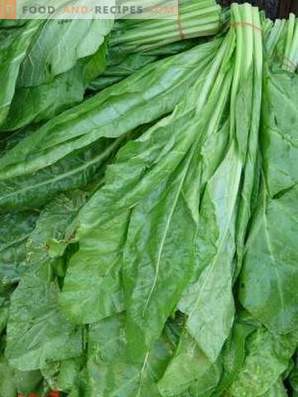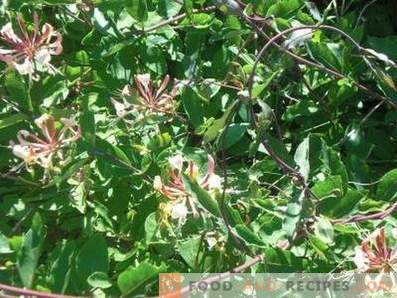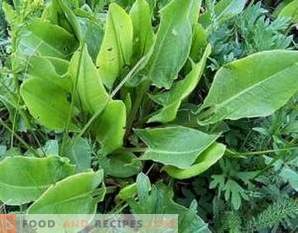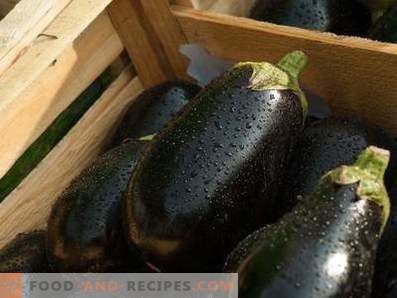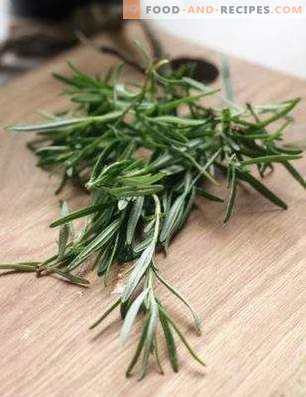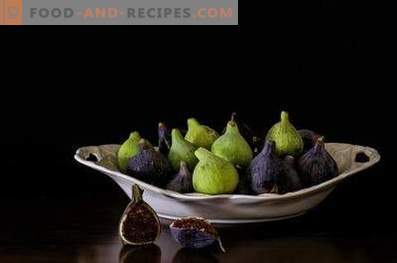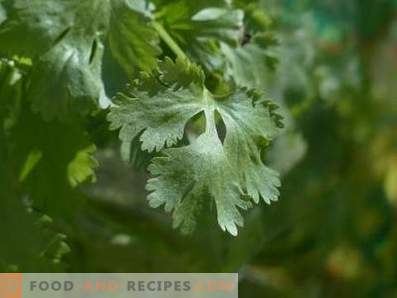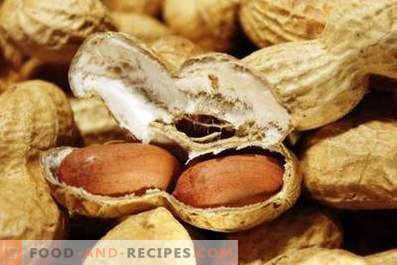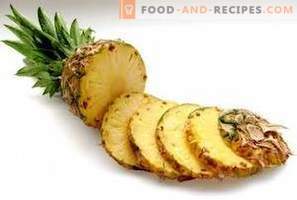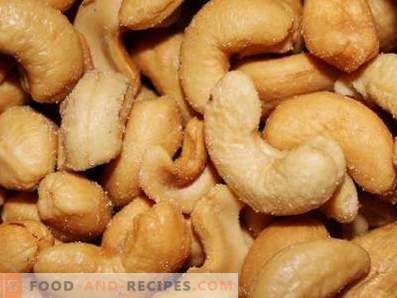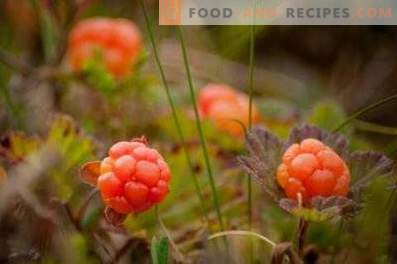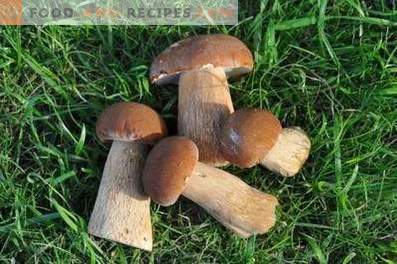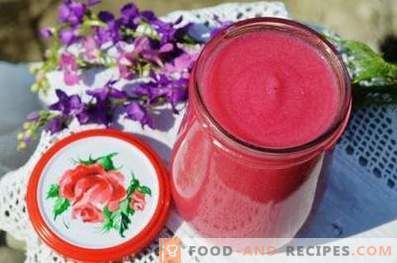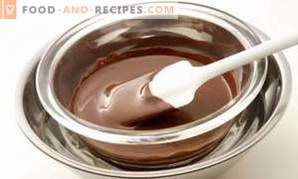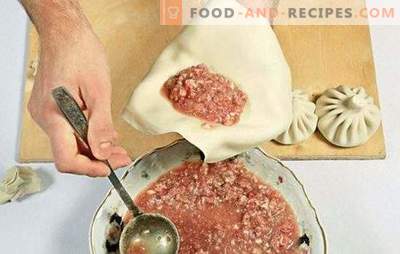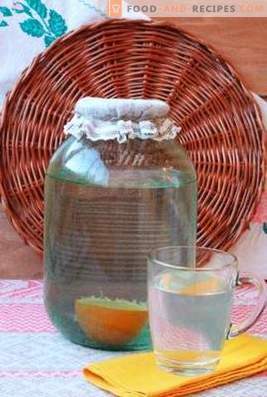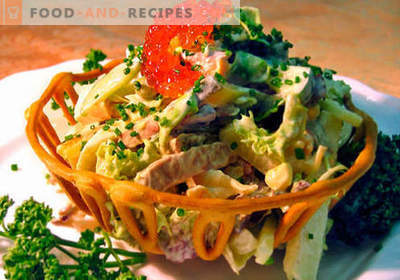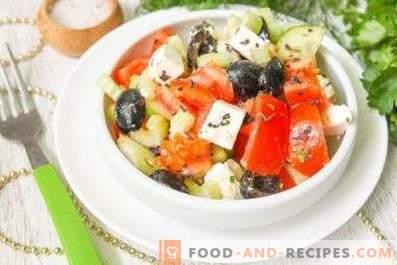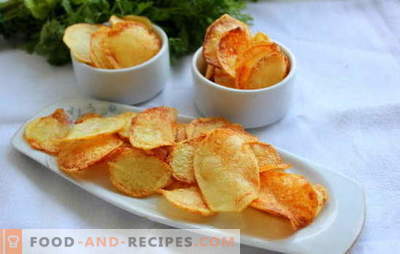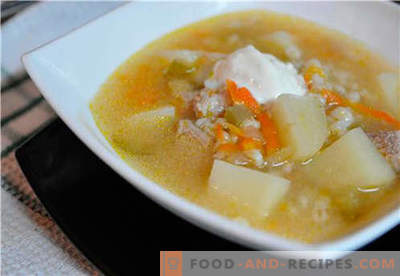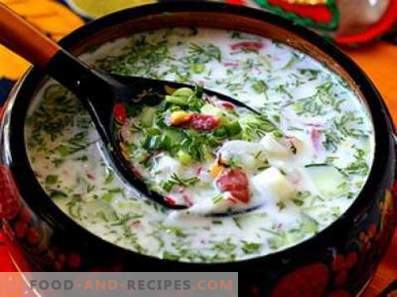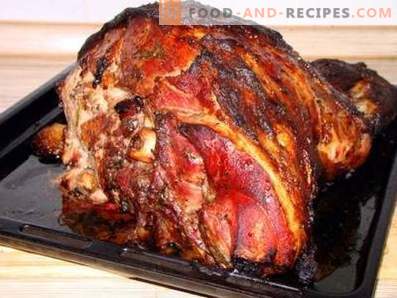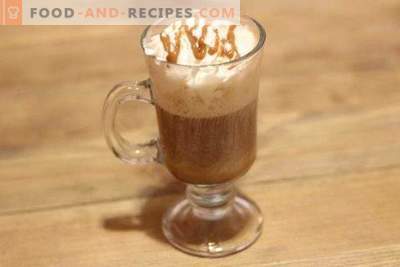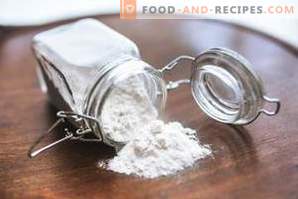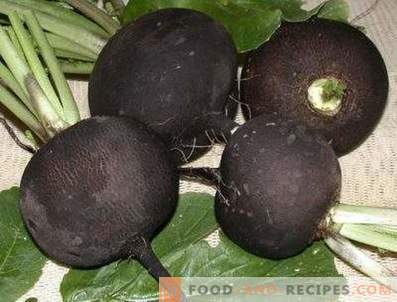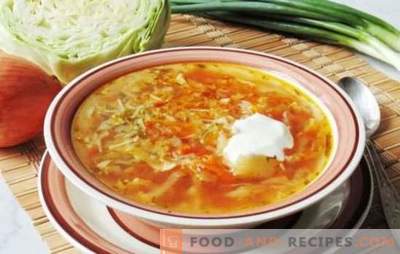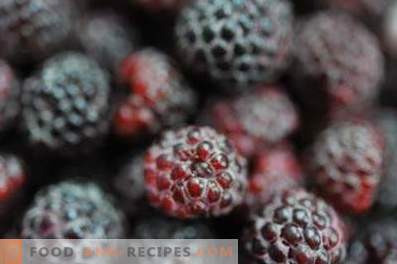
Blackberries are a subgenus of plants belonging to the Rubus genus of the Rosaceae family. The homeland of this culture is North America: the inhabitants of the continent from time immemorial collected their fruits and actively consumed them for food. Nevertheless, the first mention of the cultivation of blackberry appeared in the American scientific periodicals only at the beginning of the XIX century. Experienced gardeners explain this by the fact that the rich harvests, which gave wild species of this plant, for a long time fully met the needs of the local population in its fruits.
The first varieties of blackberry were bred in America in the forties of the XIX century. By 1919, over 20 thousand hectares of US agricultural land was allocated for cultivation of this shrub. Today, the leader in blackberry production is Mexico. In Asia and Eastern Europe, amateur gardeners mostly cultivate this plant.
Blackberry fruits are actively used in cooking. They are used to prepare syrups, compotes, fruit salads, jams, pastries, baking stuffing, fruit wines, liqueurs and liqueurs. Fruits, leaves, stems and blackberry roots are used for medical purposes.
Blackberry Botanical Description
Blackberry - unpretentious shrub with creeping or erect stem, reaching 160 cm in length. The color of the shoots varies from pale green with a bluish bloom to burgundy. Stems of a plant can be covered with small sharp thorns.
Blackberry leaves consist of three to five small leaves with a serrated edge. The upper part of the leaf blades is bright green, and the lower part is pale gray with a greenish tinge, slightly pubescent. Blackberry blossoms from May to late autumn. Large white flowers of the plant are gathered in semi-or racemose inflorescences. BlackBerry is a team drupe, grown together with a receptacle. Sweet berries of the plant have a red or black color and a pleasant fruity aroma. Blackberry yield reaches 10 tons per hectare of plantations.
Nutritional value of blackberries and vitamins in its composition
Nutritional value 100 g of blackberry:
- 1, 483 g of proteins;
- 0, 416 g of fat;
- 4, 287 g of carbohydrates;
- 2, 887 g of fiber;
- 87, 911 g of water;
- 1, 953 g of organic acids;
- 0, 644 g of ash;
- 4, 281 g of sugars (disaccharides, monosaccharides);
- 0, 092 g of omega-3 fatty acids;
- 0, 183 g of omega-6 fatty acids.
Vitamins per 100 g of blackberry:
- beta-carotene - 0, 096 mg;
- C, ascorbic acid - 14, 219 mg;
- A, retinol equivalent - 16, 849 mcg;
- B2, riboflavin - 0, 043 mg;
- PP, nicotinic acid - 0. 581 mg;
- E, tocopherol equivalent - 1, 114 mg;
- B1, thiamine - 0, 009 mg;
- B6, pyridoxine - 0, 028 mg;
- B5, pantothenic acid - 0, 274 mg;
- K, phylloquinone - 19, 604 mcg;
- B9, folates - 24, 062 mcg;
- B4, choline - 8, 424 mg.
Blackberry Calories
In 100 g of fresh or frozen blackberry contains 32, 412 kcal. On average, 1 fruit of this plant weighs 2 g. Thus, the energy value of 1 berry is 0, 648 kcal.
In 100 g of blackberry jam contains 271, 639 kcal, and in the same amount of marmalade prepared from the fruit of this plant - 394, 106 kcal. The energy value (in kcal per 100 g) of blackberry syrup is 209, 714, wine - 81, 034, liqueur - 181, 063, liquor - 262, 403.
Useful elements in the composition of blackberry
Macroelements in 100 g of blackberry:
- potassium - 161, 181 mg;
- magnesium - 19, 644 mg;
- phosphorus - 21, 412 mg;
- calcium - 28, 291 mg;
- Sodium - 0, 913 mg.
Trace elements in 100 g of blackberry fruit:
- manganese - 0, 644 mg;
- selenium - 0, 323 mkg;
- zinc - 0, 528 mg;
- iron - 0, 618 mg;
- copper - 164, 314 mcg.
Benefits of Blackberry Fruits
- Blackberries are rich in vitamins, useful macro- and microelements. With regular consumption of these berries reduces the risk of developing vitamin deficiency, strengthens the immune forces of the body.
- Juice squeezed from fresh fruits, has antipyretic properties, effectively quenches thirst during fever, and reduces headaches.
- Blackberries contain substances that suspend the growth of malignant tumors in cancer patients, reducing the risk of the appearance of tumor neoplasms.
- Blackberry juice has anti-inflammatory properties. People suffering from pneumonia, acute respiratory viral infections, colds and inflammatory diseases of the joints, it is useful to drink a glass of this drink per day.
- The blackberry contains a whole complex of compounds that increase the secretory activity of the organs of the digestive system.
- Tea from dried fruits of the plant is useful for people suffering from insomnia, neurosis, increased excitability. The substances present in this drink help minimize the destructive effects of stress on the body.
- Fruits of the plant contain phenolic compounds and other substances that strengthen the heart muscle, imparting additional elasticity to capillaries and larger blood vessels, which help remove excess cholesterol from the body. With their regular consumption reduces the risk of developing cardiac pathologies.
- Useful substances present in the blackberry eliminate malfunctions of the urogenital system, accelerate the process of recovery from cystitis.
- Blackberry juice contains compounds that help lower blood pressure. People suffering from hypertension, it is useful every day to drink half a glass of this drink.
- Good ripened berries can be used as a laxative. Unripe fruits, on the contrary, possess stool holding properties.
- Pectins present in blackberries accelerate the excretion of radioactive compounds, toxins, and heavy metal salts.
- Tea made from dried blackberries has soothing properties, reduces the unpleasant symptoms of menopausal syndrome.
- With regular consumption of blackberries, blood composition improves.
- Fresh fruits of the plant have diaphoretic properties.
- Juice obtained from blackberry fruits contains substances that positively affect the functioning of the female reproductive system, normalize the cycle, and alleviate the symptoms of premenstrual syndrome. To achieve a therapeutic effect, it is enough to drink a third of a glass of this drink per day.
- Antioxidant compounds contained in blackberries slow down the aging process in the body, prevent the appearance of early wrinkles.
- Vitamins and other nutrients that are present in blackberry juice, contribute to enhancing brain activity, improve memory.
- Regular consumption of blackberry helps to improve the appearance of the skin, hair, nails.
Benefits of Blackberry Roots and Leaves
- Blackberry leaf tea accelerates the body’s metabolic processes. For its preparation, it is necessary to brew a handful of vegetable raw materials with a liter of boiling water and leave for 2-4 hours. Drink can be drunk without restrictions.
- A decoction of blackberry stalks and leaves helps to reduce the concentration of sugar in the blood. For people with diabetes, it is helpful to drink a glass of this drink per day. For the preparation of means it is necessary to boil a teaspoon of crushed stems and leaves of the plant in a glass of water for 12 minutes, cool and filter well through gauze.
- A weak decoction of blackberry leaves helps with gastric bleeding. For its preparation should be poured into a half-liter jar 1 tbsp. l vegetable raw materials, fill it with boiling water and infuse for 15-17 minutes.
- A rich infusion of blackberry leaves (2 tablespoons per cup of boiling water) is used to rinse with tonsillitis and dental diseases. The tool has expectorant properties, so it is recommended to drink to people suffering from inflammatory diseases of the respiratory tract.
- Blackberry leaves contain phytoncides that have regenerating and anti-inflammatory properties. A slurry of frayed laminae is applied to festering, non-healing wounds, ulcers on the skin.
- A decoction of twigs and blackberry roots cures shortness of breath.
- A decoction of blackberry roots has diuretic properties.
Contraindications and harm of blackberry
- The only contraindication to the consumption of blackberries is the individual intolerance of its fruits. People suffering from allergies to any berries and fruits should be excluded from the diet.
- For diseases that have developed against the background of increased acidity of gastric juice, it is undesirable to drink more than 1 cup of blackberry juice per day.
- Abuse of blackberries can lead to intestinal upset.
